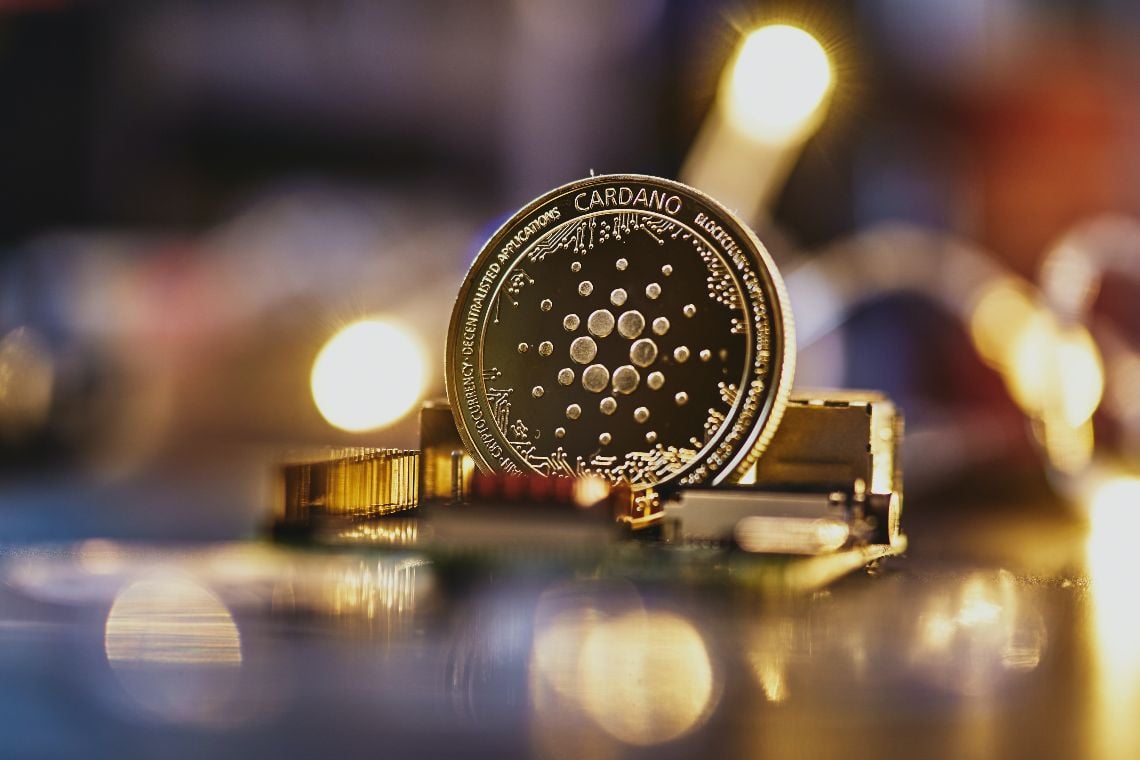“We will never give away ADA”, is one of the most repeated phrases by the founder of Cardano, Charles Hoskinson.
Yet there are still victims who hope to be unrealistically lucky. To be fair, scams are getting increasingly sophisticated and it’s up to the individuals to learn how to recognize and report them.
Summary
Cardano will never give away ADA
On his YouTube channel, Charles has often directly addressed the topic of Giveaway Scams, here’s a video from a couple of months ago:
His frustration is quite evident:
“If you fall for this, you will lose your ADA. These are criminals, these are scammers. These are people who are trying to steal from you. Use common f*cking sense. You don’t get something for free, you don’t get something for nothing. I can’t do anything about it. We could sue YouTube as Steve Wozniak is doing and as Ripple is doing and we can be in years of litigation and maybe we win a Pyrrhic victory, but then a thousand more scammers will appear, they’ll keep doing it as long as you guys keep giving. Again, WE WILL NEVER GIVE AWAY ADA! It’s a scam, it’s always a scam, it’s always been a scam”.
He then says that he keeps getting emails from people who are mad at him because they sent ADA without receiving more back.

How do these scams work?
They usually appear on the web in various forms. For instance, the scammers might hijack a YouTube channel with a substantial number of subscribers and views, and then go live. The creators of the livestream usually take footage from famous crypto influencers and add some information about an enticing giveaway.
At first glance, the face of Vitalik Buterin, Charles Hoskinson or even Elon Musk coupled with a big audience and many positive (fake) comments, create the illusion of a real giveaway.
Often there’s also a limited amount of crypto that is available, which puts pressure on the victims who follow the instructions and send their cryptocurrencies to the address displayed on the livestream. They then wait for the promised double or even triple amount of the crypto they sent to appear back in their wallets. Needless to say, they soon realize their gullibility.
Crypto holders aren’t the only victims
As mentioned above, YouTube channels, sometimes even unrelated to crypto, get hacked away from their owners. This was the case of “LostMines”, which was renamed “Cardano (ADA)”. The funny thing is that this channel was created in 2007, even before Bitcoin launched, so it’s evidently impossible that it’s an official Cardano channel.
A fan of LostMines sent an email full of anger directly to Charles Hoskinson:
We have another winner for the paint chip brigade. Channel got hacked for a giveaway scam. Blames me because he can't understand simple things and of course emails me with insults and threats. @YouTube you paying attention at all? pic.twitter.com/P7lVtgjTSw
— Charles Hoskinson (@IOHK_Charles) September 19, 2021
Decentralized identity to counter scams
The crypto space is still a wild west and scammers are taking advantage of it. However, there are already some solutions being developed that might counter this problem
For example, there’s Atala PRISM, a decentralized identity solution that is being built on Cardano. It would enable people to own their personal data and interact with organizations seamlessly, privately, and securely.
This solution would also allow people to sign their messages or videos with their identity, certifying that they are the ones putting the information online. Obviously, it would also be up to the users to do the verification. As always:
“Don’t trust. Verify”.




